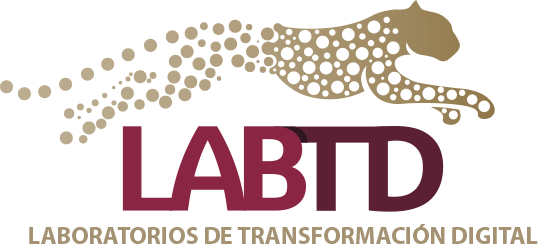Challenges
First step: Installation of the public digital infrastructure.
The project has already installed the public digital infrastructure necessary for internet access, creating two services covering 300 localities in which 92% of the population of Campeche lives. The State Dorsal Network is a fiber optics network covering 12 municipalities with 93 localities, where 77% of the population lives, and a Wireless Remote Connection Network covering 207 localities, where 15% of the population lives.
This system provides a secure and resilient network. Its central administration automatically controls all access points, providing the connectivity necessary for the population to carry out their educational, health, and government tasks.
Second step: Installation of the Data Center.
The project includes installing a Tier II Modular Data Center to provide the necessary infrastructure to improve the quality of life of the Campeche population, improve services to citizens, and generate intelligent applications that support the digitization of the state. This will contribute to innovation, economic development, and social and environmental responsibility.
We will concentrate on educational institutions; data storage centers and technological innovation projects related to the cloud, cybersecurity, and artificial intelligence. With the best possible security, we will also concentrate all the information produced by any government office and administer the state network of “Connectivity for All” in this data center.
Third step: The Digitization of Society.
The project envisages installing 300 digital libraries using the infrastructure installed for internet access under the CONNECTIVITY FOR ALL program. In the case of libraries, this includes access points inside the building. This will allow us to install a Collaborative Digital Classroom with a videoconferencing system and computers connected to a collaborative platform and to install access points outside the building to carry out the Digital Recovery of Public Space.
These libraries will guarantee equal access for girls, adolescents, young people and women to training, outreach and education events. Gender equality will ensure that boys and girls can acquire skills that give them opportunities to contribute and benefit equally from meaningful learning experiences that will change their immediate cultural and historical context.
Informal education with a community focus plays an important role in determining children´s interest in subjects and knowledge related to science, technology, engineering and mathematics. In particular, it is strategic to offer science outreach experiences with equal opportunities, to encourage girl´s; vocations and preferences, and to motivate them to maintain their educational continuity towards upper secondary education. Secondly, it is important to encourage them to pursue higher education and select careers that will allow them to access employment with better pay rates than jobs traditionally linked to women in the future.
Fourth step: The Digitalization of the Government.
The digitization of government through the creation of 13 Digital Transformation laboratories in the 13 higher education institutions that exist in the state, to take advantage of the technological knowledge of students to enhance it, creating new skills in frontier technologies such as: Artificial intelligence, internet of things, data science, digital platforms, blockchain, electronic payments, robotics, satellite image analysis, cloud, cybersecurity, virtual and augmented reality, solar and wind energy, multimedia and space technology that will complete the process of digitizing government departments and agencies throughout the government in a single year.
Step five: Integration of innovation in companies.
These 13 Digital Transformation Laboratories will receive high-level training in technology and entrepreneurship to become the technology-based creative companies that our state requires. They will take advantage of the geographical extension of higher education institutions to spread the technological benefits across the entire state.
The fundamental principle of the whole project is that the benefits of the digital economy reach all the people of Campeche, regardless of their geographical location or purchasing power.
In short, as our governor says, the “Digital Transformation Laboratories” project aims to equalize the most unequal.

